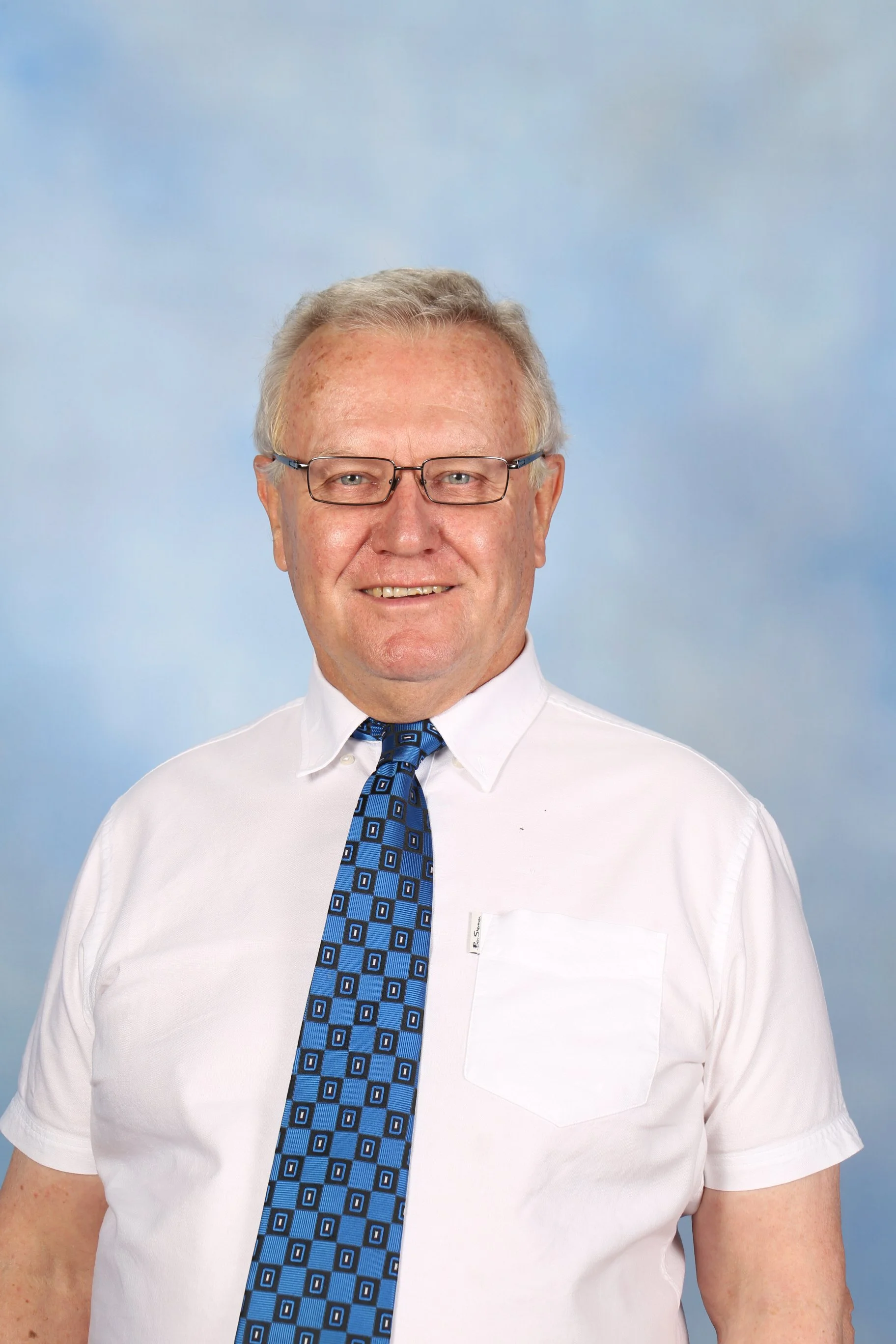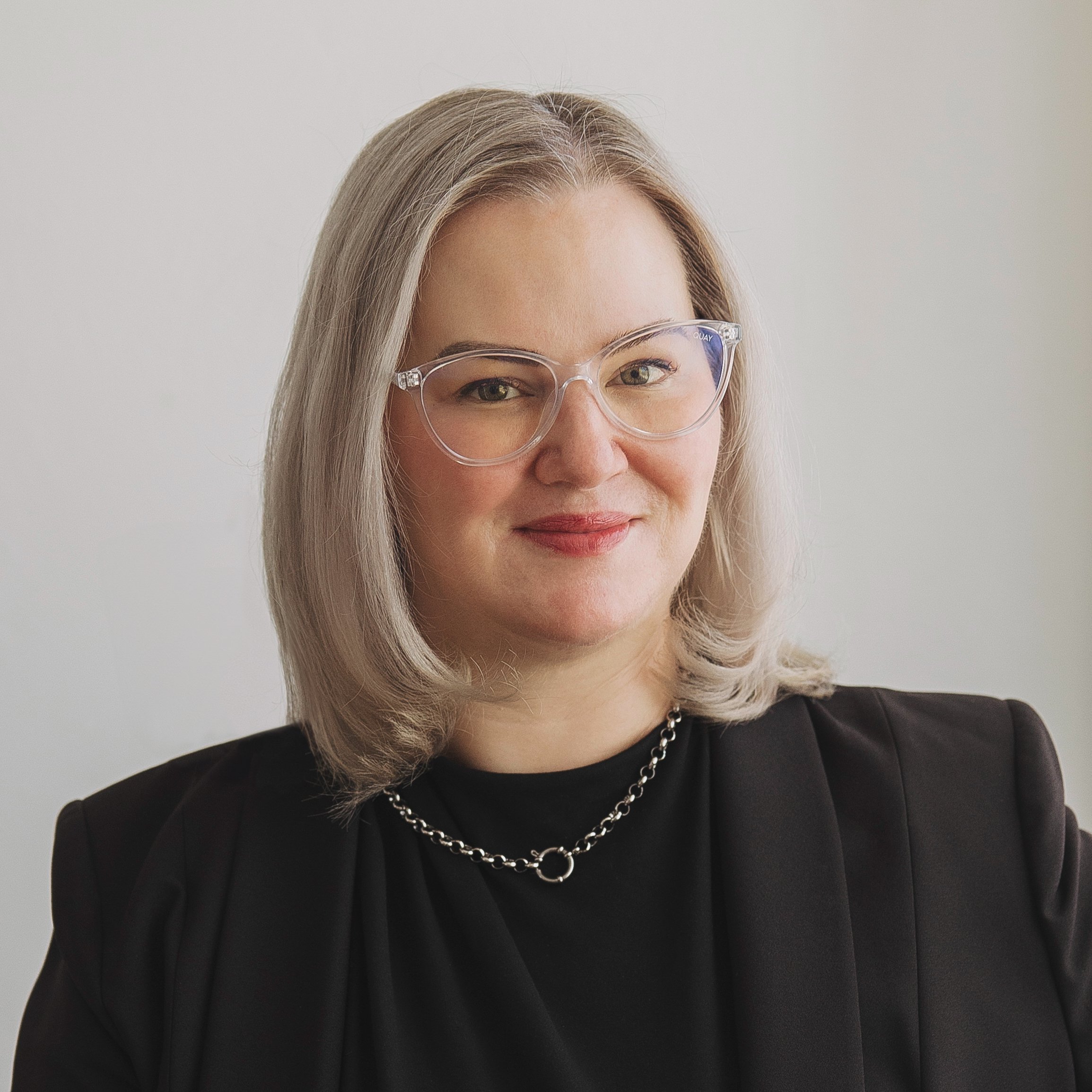Thursday 31 July and Friday 1 August 2025
Brisbane Convention & Exhibition Centre
Overview
School libraries have emerged as dynamic hubs of learning, encompassing literacy and reading, AI integration, digital literacy and citizenship. As spaces for inquiry and collaboration, they offer personalised learning experiences to foster critical thinking and information evaluation skills preparing students for the digital age. Strategic leadership is vital in shaping library spaces, collections and initiatives that align with the evolving needs and well-being of students and educators.
The conference will focus on these major streams:
Literacy and Reading
School libraries are pivotal in cultivating a strong literacy and reading culture. By implementing diverse and inclusive programs, libraries create engaging spaces where students can explore their passions and interests, and develop a love of reading. Target support and differentiated instruction enhance reading development for all students. Carefully curated collections that reflect diverse perspectives, genres and reading levels empower students to become confident and engaged readers. Libraries provide a welcoming and inclusive environment and space that contribute to students’ well-being and emotional intelligence.
AI and Digital Literacy
School libraries are at the forefront of equipping students with essential AI and digital literacy skills. By integrating information literacy frameworks into lessons and programs student develop their future-ready skills necessary for navigating the digital landscape effectively. Libraries also foster digital citizenship to empower students to use technology responsibly and ethically. Through hands-on experiences, digital resources and expert guidance students can learn to become discerning consumers and responsible creators of information.
Leadership and Strategic Direction
Effective school library leadership is essential in driving strategic direction to maximise the library’s impact. By developing comprehensive strategic plans aligned with the school’s overall goals, library leaders can ensure the library is a dynamic and responsive learning environment. Fostering strong collaborations with teachers, parents and the wider community builds support and expands the reach of the library. Through innovative strategies, effective promotion and advocacy, libraries can enhance their visibility and influence within the school. Careful collection development and strong curriculum connections are vital to ensure library resources and programs support student learning and achievement.
Target Audience
This conference is best suited to innovative classroom teachers, teacher librarians and those on the executive looking to build capacity at a school level or within the individual classroom.
Supporting Association
Tickets
Choose from one or two day ticket options.
PROGRAM | Thursday 31 July 2025
*Program subject to change
9.00am
Welcome by our MC
9:05 – 9:50am
Speaker: June Wall, Digital Educator
Learning with Information Fluency: Strategies for educators
Student learning is more complex with the update of AI, the need to instil lifelong learning for all, and the increasing demands on teachers. Information Fluency is one pathway that has the capacity to bring these together for the benefit of students and teachers. Information Fluency incorporates research skills, the General Capabilities, and digital literacies and, because it is a living framework, it also enables an approach to how educators can work with AI. This session will provide some ideas and strategies for using Information Fluency in teaching and learning.
9:55 – 10:40am
Speaker: Dr Kay Oddone, Course Director and Lecturer, Charles Sturt University
School Library Professionals as Leaders: Claiming Your Place at the Leadership Table
Leadership is an essential and inextricable part of the role of Teacher Librarians and other school library professionals, yet their leadership potential is often overlooked—both by themselves and others in education. While leadership training is commonly offered to teachers pursuing administrative roles, opportunities tailored to the unique leadership responsibilities of TLs remain scarce. This session aims to bridge that gap by empowering TLs to recognise and enhance their leadership skills in meaningful and strategic ways. Participants will explore a variety of leadership styles and reflect on how they already engage in strategic leadership within their daily practice. The session will also introduce key concepts in organisational theory, providing insight into how school structures and leadership models shape the opportunities for TLs to exert influence. By understanding these frameworks, participants will gain practical strategies for navigating school hierarchies and advocating for the value of their work more effectively.
10:40 – 11:10am
Morning Tea
11:10 – 11:40am
Speaker: Melissa Smith, Doctor of Education student (teacher for 18 years), Central Queensland University
Paw-sitive Reading: How Dogs Can Help Struggling Readers Thrive
Libraries have become dynamic hubs that can offer personalised, inclusive learning experiences. This presentation will explore how reading-to-dog programs, implemented in school and public library settings, provide a unique “out of the box” approach to addressing literacy challenges among K-12 students. Programs such as Rainbow Reading Dawgz (ACT), SHARE (QLD) and Yarra Plenty Region Libraries (VIC) offer structured 1:1 reading sessions with a volunteer and dog team. These programs foster student’s reading engagement, fluency, and emotional well-being.
11:45 – 12:30pm
Speaker: Helen Velikans, Learning Resource Support, Catholic College Wodonga
Using AI with Integrity for Creative Writing
Integrating AI into creative writing within school libraries enriches the learning experience, fostering essential skills for academic and personal development. In this session, Helen will explore the inclusion of diverse literature and non-fiction to support writing abilities and interests, using creative writing workshops that combine reading and writing skills, teaching students the use of tools like ChatGPT and Grammarly to enhance creative writing, educating students on the importance of integrity in using AI tools for brainstorming, worldbuilding and designing characters, improving digital literacy through prompting and crafting concise requests, and using innovative strategies to enhance library visibility promoting AI as a tool for reducing workload and enhancing educational experiences. By promoting a vibrant literacy culture and enhancing digital literacy, libraries equip K-12 students for success in the 21st century.
12:30 – 1:30pm
Lunch
1:30 – 1:50pm
Discussion
Share ideas from the morning sessions and collaborate on real-life examples that are working in your classroom.
1:50 – 2:35pm
Facilitator: Karen Bonanno, Eduwebinar
Forum Discussion: The Role of AI in the School Library: Enhancing digital literacy, promoting academic integrity, and reducing workload
As AI technology becomes increasingly integrated into education, school libraries are uniquely positioned to leverage these tools for enhancing student learning and supporting educators. This open forum explores the potential of AI in school libraries, focusing on its role in developing students' digital literacy skills and ensuring academic integrity through tools that detect plagiarism and promote ethical information use. Additionally, we will discuss how AI can assist in streamlining library management and instructional tasks, reducing workload for librarians and teachers, and fostering a more efficient learning environment. Participants will engage in a critical dialogue about balancing the benefits of AI with its ethical challenges in an educational context.
2:40 – 3:25pm
Speaker: Trish Templeton, Assistant Head of Innovation, St Laurence’s College
Reading between the Lines
Diverse classrooms need a range of strategies that support learners of all abilities to effectively access, comprehend and synthesise information. This presentation will investigate how St Laurence’s College supports diverse learners through the integrated use of text sets and explicit instruction in ‘reading for meaning’. Text sets are an effective method of curating digital and physical resources that support student learning whilst simultaneously helping to support literacy development. By implementing text sets in research lessons, educators can create differentiated learning experiences that empower students to explore new information and extend their literacy at the same time. Texts used in conjunction with explicit instruction in ‘reading for meaning’ build student capacity as well as foster engagement, knowledge construction and critical thinking.
4:00 - 5:30pm
Summit Social - a networking event for exhibitors, speakers and delegates.
PROGRAM | FRIDAY 1 AUGUST 2025
*Program subject to change
9:00am
Welcome by our MC
9:05 – 9:50am
Speaker: Virginia Catharine Hand, Teacher Librarian, Shellharbour Anglican College
Empowering Education: Deep Learning Framework and AI integration for future-ready classrooms
This session explores the key elements of the Deep Learning Framework and the integration of AI tools with pedagogical approaches to enhance teaching and learning. Participants will dive into innovative teaching methods designed to promote deep understanding, critical thinking, and creativity, aligned with 21st-Century skills. Emphasising the role of digital technologies as a tool for collaboration, innovation, and problem-solving, the session will equip participants with strategies to personalise learning experiences using AI, fostering dynamic and adaptive learning environments. By the end, participants will gain practical insights on leveraging AI to create meaningful learning experiences that prepare students for the future.
9:55 – 10:40am
Speaker: Andrew Downie, Teacher Librarian, Fairfield High School
Researching in a Modern High School Library
In this session, Andrew will explore the transformation of a traditional school library into a modern research hub, focusing on the shift from reliance on non-fiction books, Google, and social media to the use of online databases and Oliver’s LearnPath feature. Key topics include the limitations of Google and social media for research, the process of transitioning to online databases, and the evaluation of these resources. The session will also highlight the development of tailored research guides to address information overload, how they are integrated into the library system, and their impact on students’ research skills. Evaluation methods using data from Oliver will also be discussed.
10:30 – 11:00am
Morning Tea
11:00 – 11:40am
Speaker: Mali Jorm, Head of Libraries, Bacchus Marsh Grammar
Inspiring Interventions
Library interventions can be powerful tools to connect with students of all ages and spark interest in genres, titles, authors and library programs. This presentation will showcase research-backed engagement strategies alongside innovative events and promotion techniques to inspire you to host memorable interventions that will become the talk of your school.
11:45 – 12:30pm
Speakers: Cythia Nolan, Career Expert and educator, Mark Honnibal, Mindflight7 VR coordinator & Rike Browning, QLD Experience Director, Mindflight7 Team
Revolutionizing Library Learning: Embedding VR into School Libraries for the Future
In today’s rapidly evolving educational landscape, school libraries have transformed into vibrant hubs for digital literacy, collaboration, critical thinking, and inquiry. No longer just spaces for reading, they play a crucial role in fostering creativity, problem-solving, supporting other leadership teams, and preparing students for the challenges of the digital age. With our headsets on we will discover how VR can bring stories to life by immersing students in dynamic, interactive literary worlds. Explore how VR complements AI and digital literacy initiatives within the library, creating interactive, engaging experiences that teach students digital citizenship, ethical technology use, and information evaluation. Gain valuable insights from librarians who have successfully led the integration of VR in their schools.
Lunch
12:30 – 1:30pm
1:30 – 2:15pm
Speaker: Jason Saikaly, Head of Libraries and Information Services, The Southport School
The Power of Popularity: Leveraging the perceived ethos of popular students and student leaders to positively influence the reading habits of their peers
In this session, Jason will share activities undertaken, over the past two years, to leverage the perceived ethos and popularity of select students to positively influence the reading habits of student peers. He will share data showing how leveraging this popularity has resulted in increased borrowing and interest in specific books and genres. Jason will provide some ideas/activities that other teacher librarians can choose to adopt in their libraries to improve reading and borrowing.
2:20 – 3:00pm
Facilitator: Karen Bonanno, Eduwebinar
Panel: Leading for Impact: Strategic planning and school libraries in action.
The panel will explore the pivotal role of leadership and strategic thinking in ensuring school libraries remain responsive to the evolving landscape of education. Panellists will discuss the importance of aligning initiatives with school goals while addressing collection development practices that meet diverse learner needs, establishing dynamic learning environments that adapt to changes in teaching and learning, and supporting students to develop critical skills for their academic success and future.

















